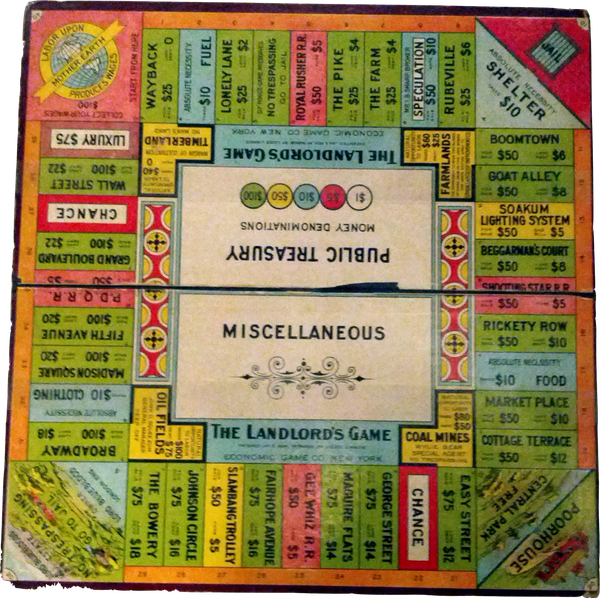The Gist: We’re doing masks now
Ireland's Covid Tracing App launched, to public enthusiasm. Even privacy advocates gave it a guarded welcome. But is this the right message, right now? This is the Gist.

Even before the press conference marking its launch, Ireland’s Covid Tracing App was a smash hit. By tea-time of its first full day, it had hit half a million downloads. Time will show if all of those who downloaded go on to activate the Bluetooth-based tracing element of the app when they’re out and about.
There were concerns raised about some of the elements and choices made in designing the app (the self-reporting symtom tracker becoming the Snuffle-o-meter almost immediately). The app wasn’t meant to handle any location data at all. But it does. It was meant to solely do Contact Tracing, but now it does three or four things. The legal basis for processing is consent, which is iffy for a State app. The App transfers scads of data to the CSO who have behaved insanely in Data Protection matters previously. (They once wrote to the EU looking to have the Charter of Fundamental Rights changed so they could track tourists using their mobile phones)
But, for all that, the (excellent) DPIA is published and the app’s source code is on github. They scrapped their earlier, erroneous, plans to create a state database of who meets who.
Its a good faith effort to do a good thing in the bad circumstances of a pandemic. But it for all that, it will probably fail. Bluetooth tech was never designed to measure distance or duration of proximity. The Bluetooth radio waves are defiantly analog in their functions, being echoed and retransmitted on a Luas or Bus.
In the end, there is a governance committee which is intended to exercise overnight over the app and see it self destructs after 90 days of it running if it’s not really of help.
If the laws of physics, as explored by TCD Computer Science academics, manage to defeat the Covid Tracking App it won’t be anyone’s fault. The state should make lots of bets when faced with a dramatic problem. Some will work, some won’t.
We can take the rapid takeup of the app as a signal that the public is thirsting to contribute to pushing down the infection rate. Maybe, now, the state will put similar effort, talent and resources in promoting the cheap, unsexy and non-tech solution that all the science agrees can dramatically cut transmission and let us get back to our normal lives that much sooner.
We’re doing facemasks now.




